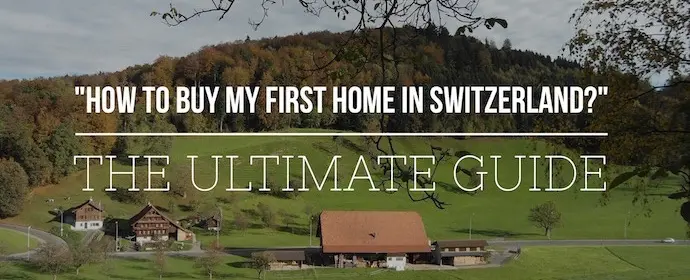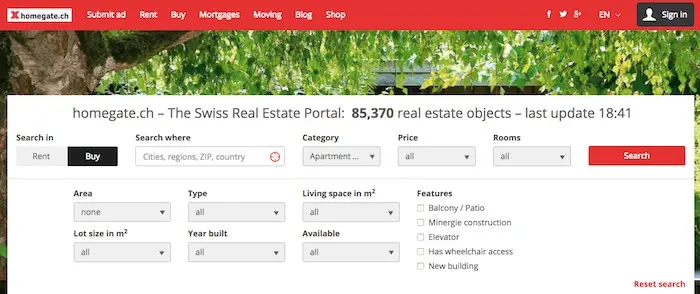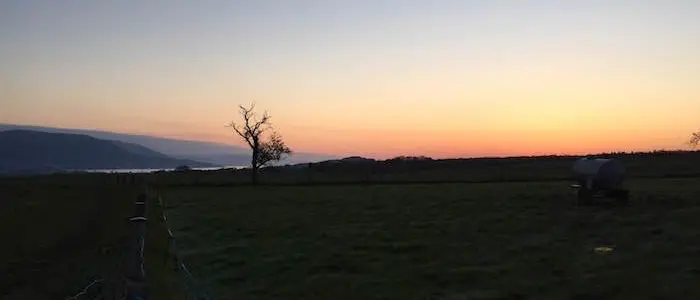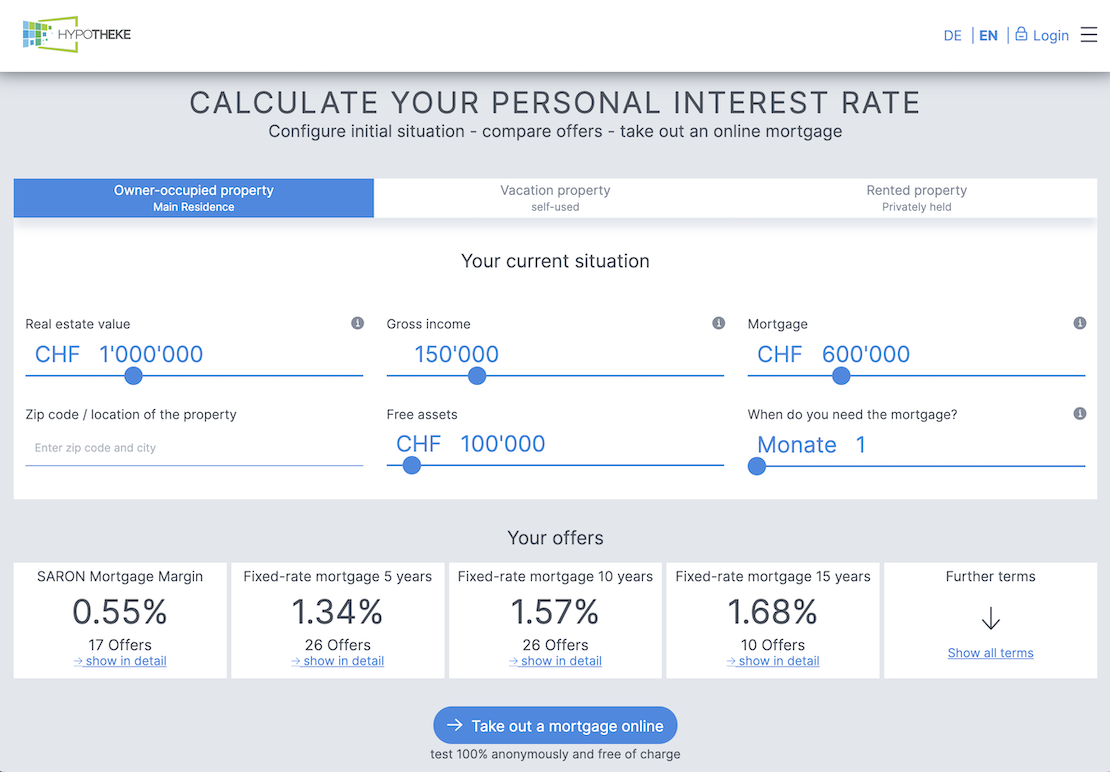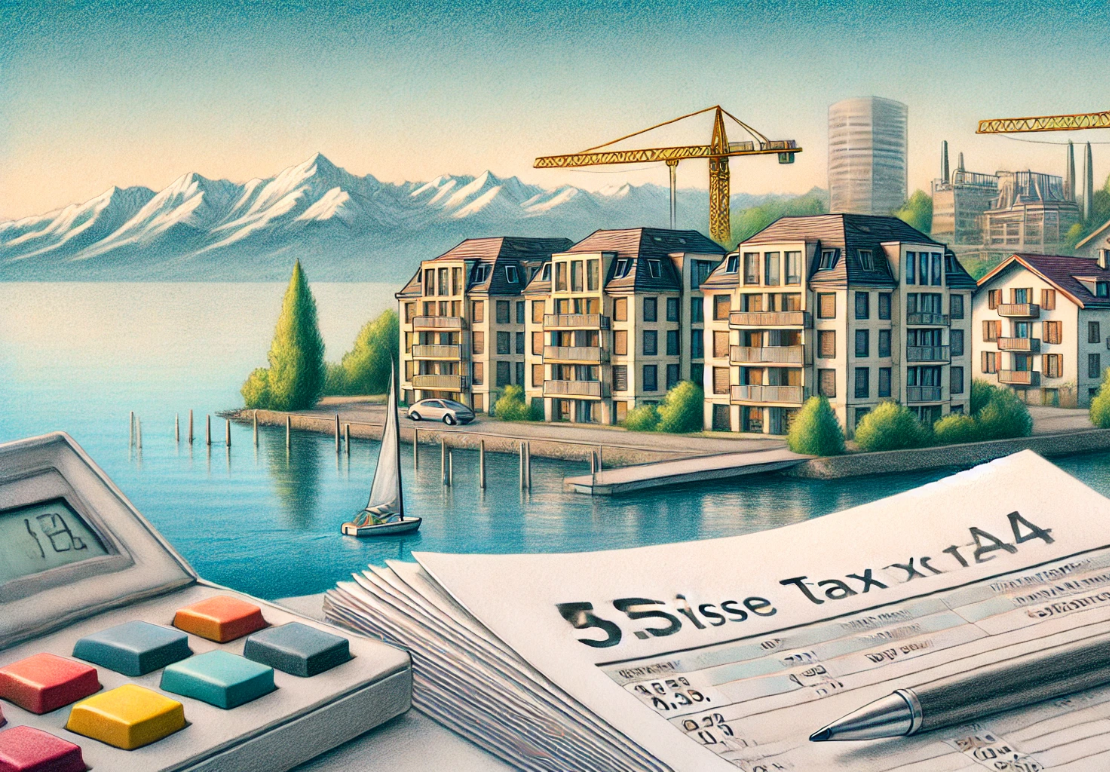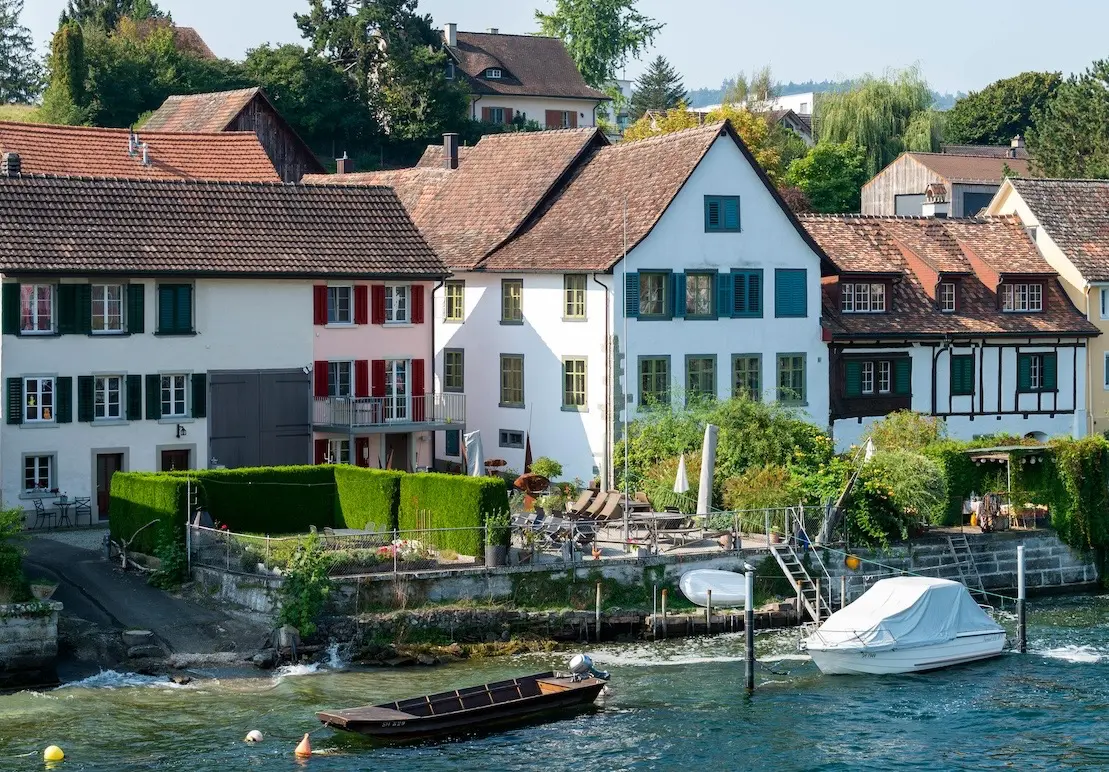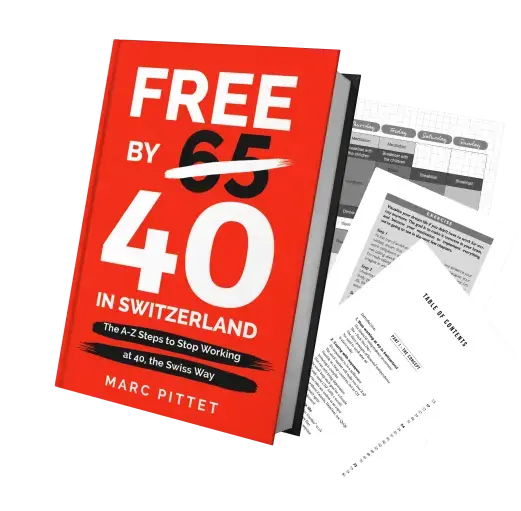Step 2 - Define the “What”
In the first article of this home ownership “guide”, we’ve done some math homework to define our mortgage capacity.
Once again, I don’t claim to be a real estate expert.
I simply want to share with you my experience so you might benefit from it as much as possible.
Let’s jump into this second article right away so that you define what to do with your cash ;)
I won’t reinvent real estate search engine filter criteria here. I only want to give you some of my Mustachian thinking process.
Place
Challenge your location assumptions!
My very first advice is to be open to very different options.
We got forced to be opened minded about the location because we didn’t find anything fitting our budget in the first area we defined as our “preferred” at the time.
Without this odd set of circumstances, we would have miss this huge delighting opportunity!
Enlarge your research, don’t be afraid about the unknown, it takes more time at the beginning but it is worth the effort!
Vicinity of the work
I was always a fan of being close to work (something like less than 1km) so that you don’t lose your time every day.
This was before we came to Switzerland where I learnt that commuting can actually be used to build life changing habits!
One could argue that it is still better to be at home and I won’t disagree.
But there is the fact that this provides you two fixed time slots every day which can help you to stick to focused and efficient routines.
I think that this blog wouldn’t exist without commuting…
Not to say that my wife and I both work in cities where we wouldn’t like to live - even if we’d be closer to work - because, hey, we so much love the countryside.
And second, because the home we managed to buy would cost us almost twice the price for less added value in a Swiss city.
Be sure to check the next point which is closely related to this second parameter.
Vicinity of the (frequent) public transports
Ah, the Swiss public transport system.
I love it so much.
Trains, buses, metro and boats, clean and always on time.
Since I got a glance of it when I started to use them for commutting, I would never go back to using a car.
From a Mustachian point of view, I would advice to live close to both train and bus stations so that in case you can’t bike (snow, rain - excusitis again), you at least don’t need a car at all.
In our countryside’s case, we had to compromise for a stop close to our home with two buses per hour which is the very minimum - it just needs some organization and planning.
About the train, we have more choices with about three trains per hour to get to our jobs.
Our idea with this setup is the ability to be car independant as much as possible.
We currently work on relocating kids’ activities so to reach this point for good.
Vicinity of the Wild
I hope I don’t bore you when I’m in awe of Switzerland and its beautiful Wild!
I must admit that at first this wasn’t a parameter we considered enough.
Luckily, once we found our actual home, it was in the countryside and close to a huge forest.
This made us realize how important Wild is for both us and our children.
For us: my wife and I were having a mindset of practicing sport in club instead of a Mustachian one such as “get outside and have free healthy activities”.
Since our move out of the city and closer to the Wild, we started to run once a week, as well as to enjoy random forest family walk on sunny Sundays.
I knew I would like it a lot but my wife was the one who got the most surprised by her inner self who needed more sports and nature.
For our children: although the parks in Swiss cities are of quite good quality, this is of no comparison with what the surrounding Wild has to offer them.
They now enjoy endless play zone to learn how to ride a bike, no “Watch out!” at every road intersection, and so on and so forth.
They even have a full sized football pitch only for them. What else could you ask for?!?
Vicinity of the school
In case you have children or plan to, you have to consider this parameter.
Think about it: 2 to 4 times a day, 5 days a week, 38 weeks or so a year ~ 600 travels per year!!!
That’s what we can call a damn optimization opportunity both in time and gas expenses!!!
Be aware that countryside isn’t incompatible with children school commutes as in Switzerland, it seems that most towns/villages have some local school transports in place.
Type
This parameter “House” vs. “Apartment” is somewhat very personal and I’m gonna expose you only my point of view.
By becoming financial independant, what we aim for is to choose what we wanna do with our time.
Mowing the lawn or taking care of an outside isn’t an option to me when instead, I can have the Wild accessible near my home for cheaper.
That’s why an apartment with a huge balcony and in the countryside was the right compromise for us.
Less square meters to take care of for more time outside with no space limits!
Be careful: living in an apartment isn’t for everyone as then, you need to deal with multi-units building cons like potential annoying neighbors, majority decisions, etc.
Size and space
Our ideal apartment is between a 4.5 and 5.5 rooms.
This represent a floor area which is between 110m2 and 130m2.
A 4.5 rooms is our minimum in order for every family member to have his/her own room - we are four.
And a 5.5 rooms is the maximum luxury we would allow ourselves in order to accomodate a home office as well as a guest room.
While we couldn’t afford a bigger home than a 5.5 rooms due to Swiss prices, we anyway wouldn’t get one because it would:
- Cost more at the purchase time
- Need more time to clean every single week
- Cost more taxes
- Have some wasted/unused space
- Cost more in furnitures for space we don’t use often.
Floor
In terms of floor, I’m a big fan of “in the middle of the building” because of one main reason: heat insulation.
By having someone below and on top of you, you get heat from everywhere around you, hence saving cash as you don’t have to use your heating system as much as the others.
The cool thing is that this reasoning fits perfectly with the home vs. apartment choice!
I wouldn’t choose the first floor as it implies exterior to take care of.
And for the top floor, even though you get all the heat from apartments below, you still have no one on top of you - although I admit this reasoning isn’t that relevant with brand new constructions as nowadays, insulation regulations are so strict that I think you don’t see the difference anymore (no data here, just guesses - feel free to teach me if you know more about the topic).
New vs. used vs. to renovate
As a Mustachian, I guess you would expect myself to be a DIY person who look only for “used” or “to renovate” properties.
I will have to disappoint you as the home we bought is a new construction.
Why did we choose this path:
- I could use the excusitis that we don’t have close family around to help and teach us but even if we would, I must be honest and admit that home renovation isn’t our thing. That’s it! We don’t take pleasure in it and prefer to pay for having it done properly - and on time!
- One of my friend bought an used apartment and renovated it all. He surely saved some money compared to a brand new one but not as much as you would expect. Also, the building still remains old with all what it implies: more frequent renovations, not the latest heating insulation neither newest materials (I talk here about 2016 vs. 1980s or even 1960s).
- Finally, even if we would have looked for a “to renovate” or “used” apartment, it’s still very rare here in Switzerland as well as not that cheaper these days…
Price
Thanks to the first article of this serie, you should now know what is your maximum mortgage capacity, hence the maximum home price that you can afford.
My single advice for this parameter is to not consider your maximum mortgage capacity as a target, nor a goal!
It is only a way to limit your research to what you can really afford, and avoid deceptions.
What we did was to focus on all parameters’ definition first, play with them, challenge them. And then use the price only as a way to eliminate out of budget properties.
Property developer
Last but not the least, one thing I would tell you for sure today that I didn’t know back in time during our research is: check the property developer reputation of any new construction you look for.
Indeed, we learnt by talking to people and neighbors that we got very lucky to end up with a property developer who has the reputation to build stuff with good materials, as if he was going to live in what he constructs.
We didn’t know it when we signed.
Even worse, we learnt recently that the buildings close to ours which were built a few years back by another property developer are of lower quality (materials, finishes, etc.).
Just get out and talk to people about the various property developer names you encounter on real estate search engines and seek for word of mouth feedbacks. Then use these learnings to filter out companies you wouldn’t want to deal with.
This criteria alone could avoid your first home purchase experience to be a disaster!!!
Next step: Research
You now have all the Mustachian advices I can think of regarding your new home research criteria.
Your next step will be to stop the theory and start to practice with the research step!
If you’re as well on your way to home ownership (or already a home owner), let me know about your own quest criteria. I will keep updating this blogpost based on your comments.
Grocery shopping for two weeks in 30 minutes, with …
Location Independence Lifestyle, an interview with...
